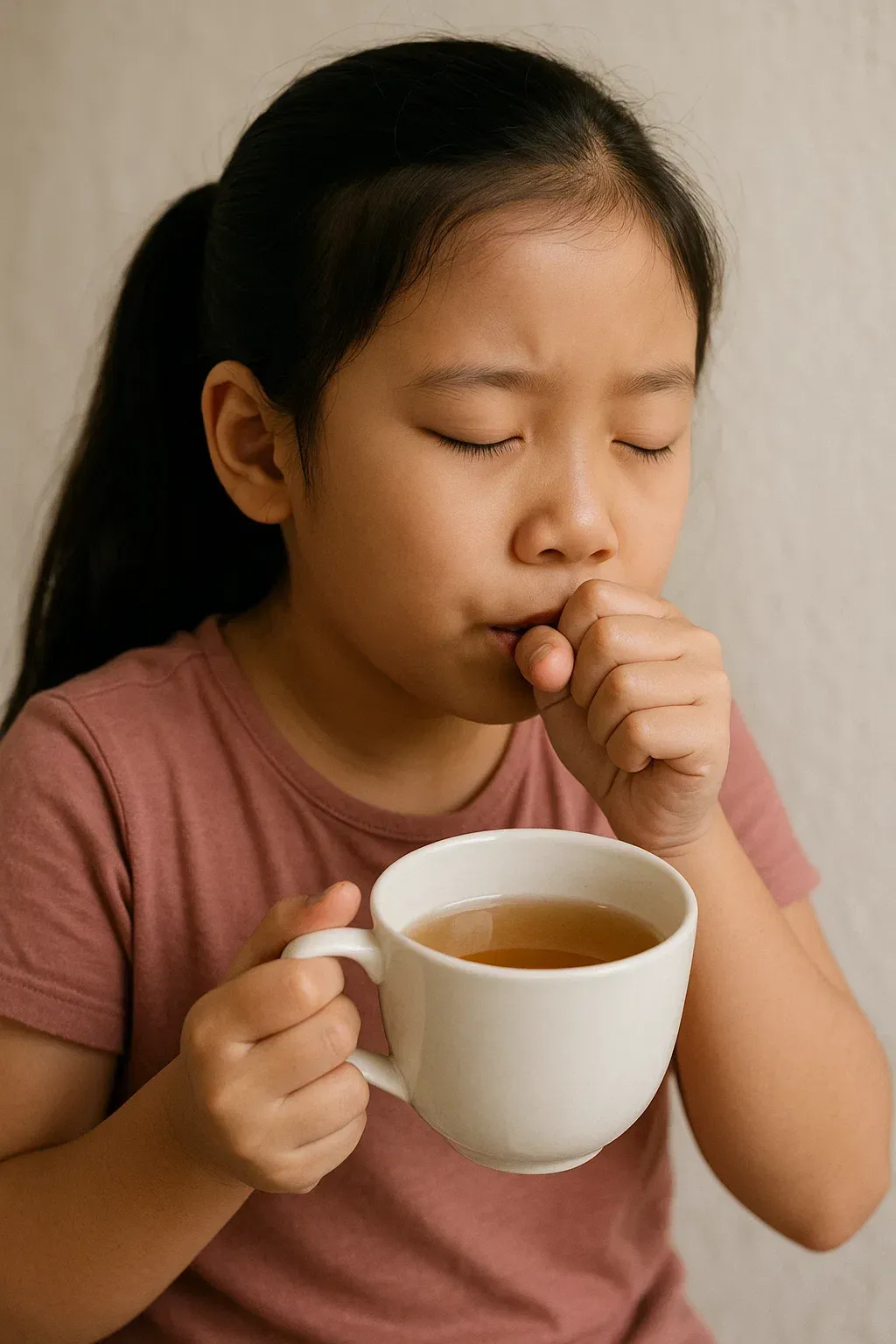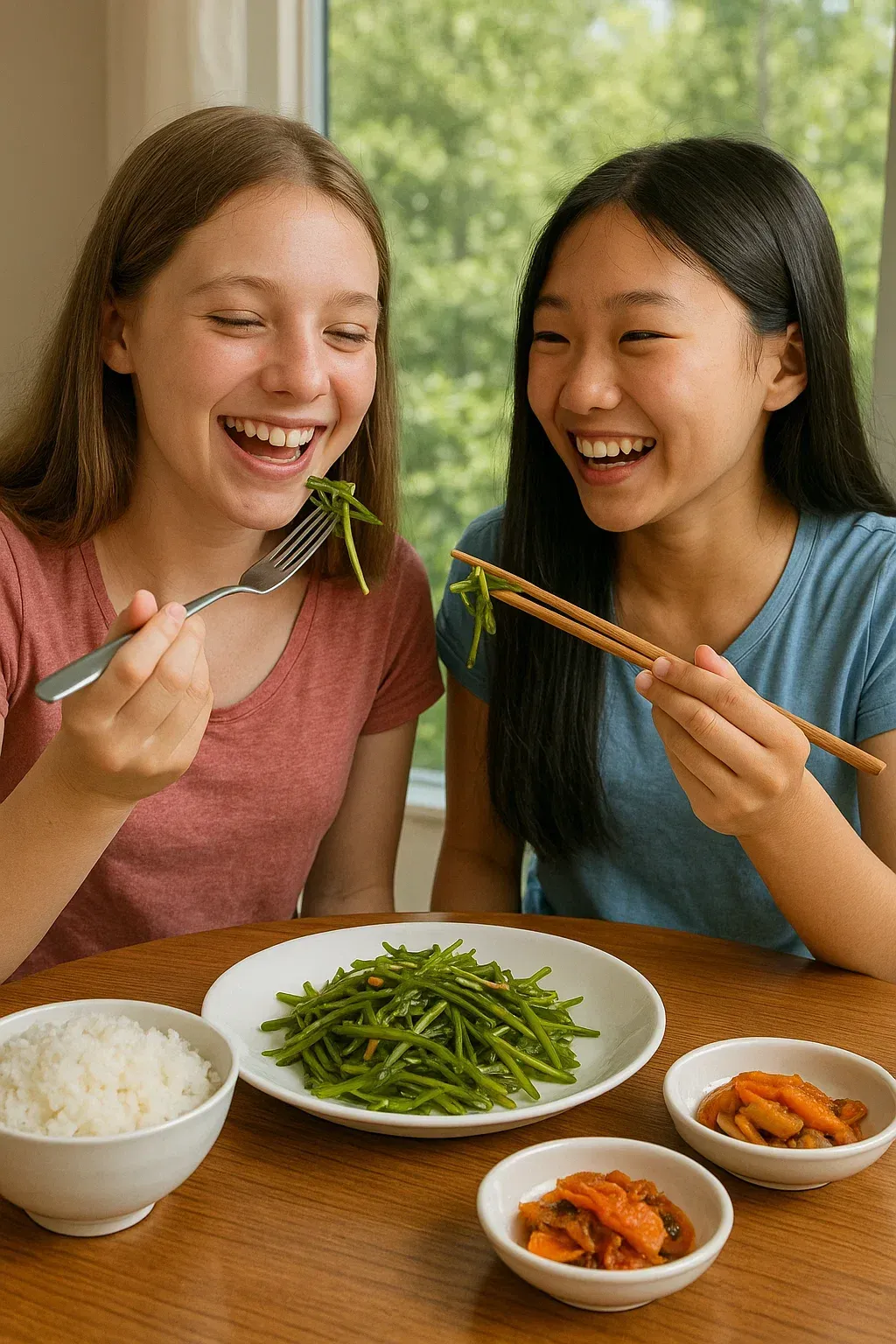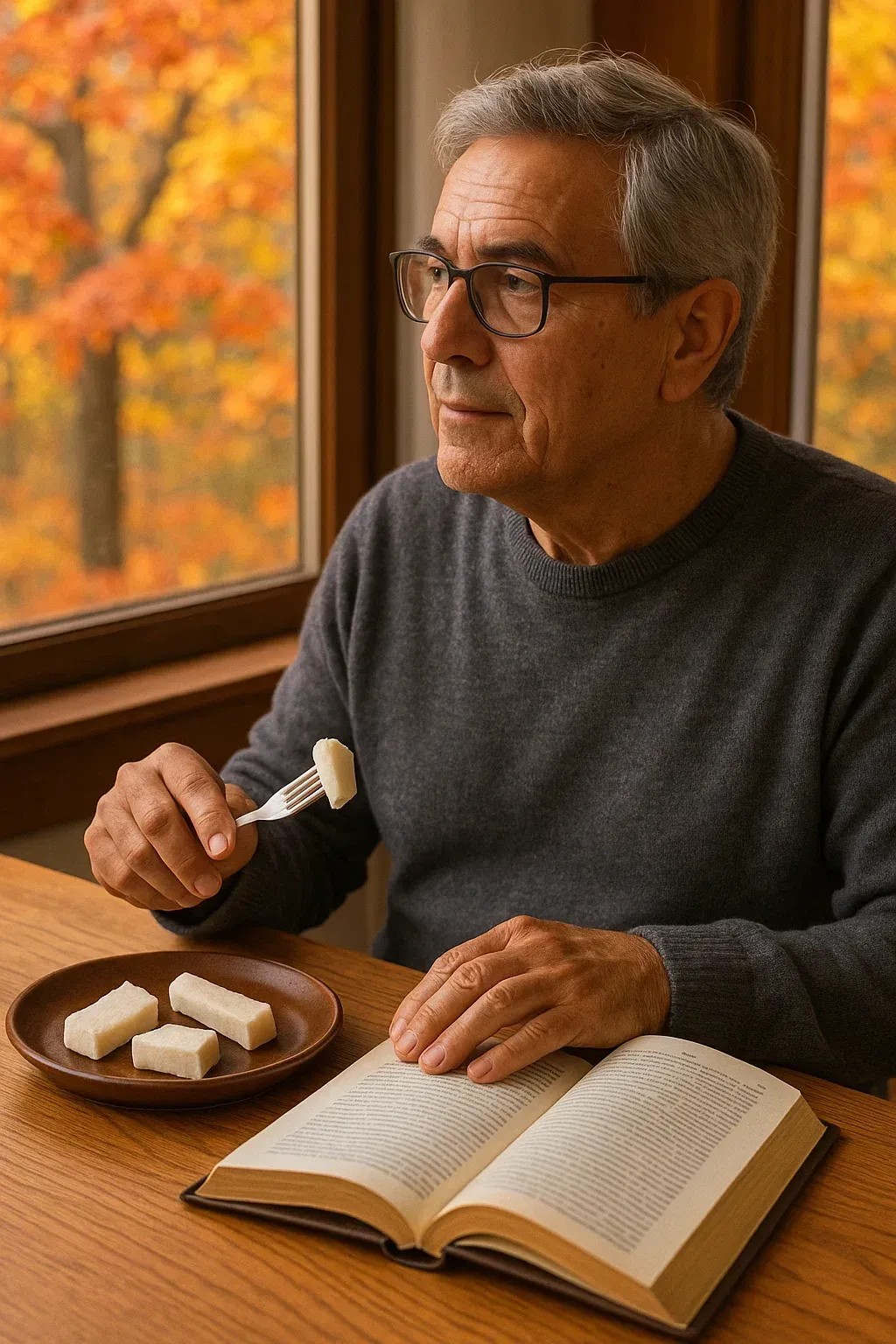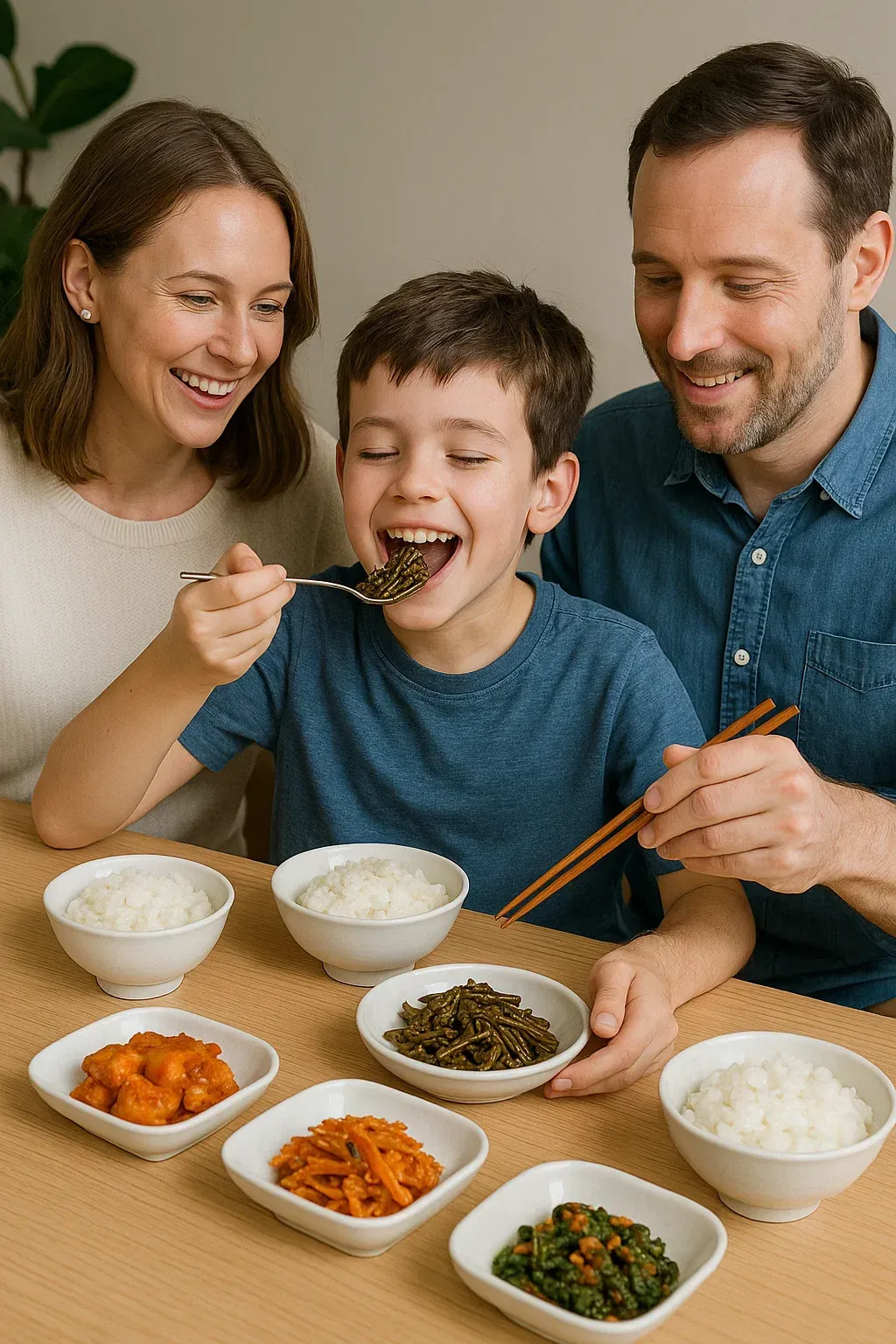The Crimson Powerhouse: A Functional Medicine Doctor's Guide to Red Ginseng (홍삼)
Few herbs command the respect, study, and legendary status of Ginseng. Within its family, Red Ginseng, known as Hong Shen (紅参), is considered the gold standard—a profoundly potent tonic created through a meticulous steaming and drying process of the raw root. As a functional medicine doctor, I recognize Hong Shen as one of the most powerful natural tools available for enhancing resilience, boosting deep energy reserves, and supporting neurological health.
The Alchemy of Transformation: Unlocking Hong Shen's Potency
Red Ginseng is not a different plant from white ginseng; it is the result of transforming the root of Panax ginseng. This steaming and curing process, traditionally repeated several times, fundamentally alters its chemical profile. In TCM, this preparation enhances the root's warming and deeply tonifying properties, making it an unparalleled tonic for Qi (Vital Energy) and Blood. It targets the Spleen, Lung, and Heart meridians, focusing on building long-term, foundational strength.
Scientifically, the heat treatment increases the concentration and variety of beneficial compounds known as ginsenosides. The process converts less potent ginsenosides (like Rb1) into more active, easily absorbed forms (like Rg3 and CK), which are associated with its superior neurological and anti-fatigue effects.
The Science-Backed Power of Red Ginseng
Modern research validates the centuries-old reverence for Hong Shen, highlighting its comprehensive adaptogenic and restorative actions:
- Sustained Energy and Anti-Fatigue: Red Ginseng is a premier adaptogen, highly effective at boosting endurance and fighting chronic fatigue. It helps the body modulate its response to physical and mental stressors, optimizing the use of energy stores at the cellular level. This leads to sustained, stable energy throughout the day, without the jittery crash associated with stimulants.
- Immune System Fortification: Hong Shen significantly enhances the body's natural defense mechanisms. Studies show that its ginsenosides can stimulate the production and activity of immune cells, helping the body to remain vigilant against pathogens. It supports robust, balanced immune function, especially during periods of high stress or seasonal change.
- Cognitive and Neurological Support: The enhanced ginsenosides, particularly Rg3, are known for their neuroprotective effects. They support healthy cerebral blood flow and have been studied for their ability to enhance memory, focus, and overall cognitive performance. This makes Hong Shen an ally for students, professionals, and anyone concerned with age-related cognitive health.
- Cardiovascular and Blood Sugar Regulation: Research suggests Red Ginseng can positively impact cardiovascular health by helping to regulate blood pressure and improve circulation. Furthermore, it is studied for its ability to help manage blood glucose levels, supporting healthy metabolic function.
Incorporating Hong Shen into Your Wellness Strategy
Due to its potent nature, Hong Shen is often consumed as a daily tonic for long-term health, not just for acute relief.
- Extracts and Tonics: The most common form is a concentrated liquid extract or an easily dissolvable granule/powder, which ensures consistent potency.
- Slices and Teas: Cured slices can be steeped in hot water to make a warming, earthy tea.
Important Cautions: Because of its warming and stimulating nature, individuals experiencing symptoms of "excess heat" (e.g., severe insomnia, excessive irritability, high blood pressure) should use it cautiously or under the guidance of a practitioner who can balance it with cooling herbs. It can also interact with certain medications, including blood thinners and some diabetes medications. Always consult with a qualified healthcare professional before starting Red Ginseng.
Red Ginseng is an investment in your deepest well-being. By harnessing the intensified power of this crimson root, you are cultivating profound resilience, sustained energy, and a clearer mind for a life of optimal vitality.
- Dr. Chungmoo "John" Huh, DAcCHM, L.Ac, Dipl. OM -











